Room: Franciscan
The Housing New Mexico Board of Directors will hold its monthly meeting at Hotel Albuquerque prior to the New Mexico Housing Summit. Click here for the meeting agenda.
Room: Alvarado D/E/F/G/H
They call you the heart of housing. You stand on the frontlines for the most vulnerable, navigating shifting politics, shrinking resources, and growing need. The work is urgent, and the stakes are high—and after years of showing up, you might be wondering how to keep the energy, passion, and courage it takes to keep going.
Opening this year’s Housing NM Summit, motivational speaker Jean Briese delivers Heroes in Housing: 5 Superpowers to Keep You Fierce —her signature super powers that are practical, proven strategies to recharge your passion, amplify your influence, and magnify your impact on the communities you serve.
In this high-energy, interactive keynote, you’ll discover habits that help you harness the power of purpose, strengthen connections, and create unstoppable momentum—in your work and your life. You’ll laugh, learn, and leave with tools you can use immediately to reignite your spark and recharge your impact. Because the work you do matters more than ever… and so do you.

Isidoro Hernandez

Jean Briese

Stockton Williams
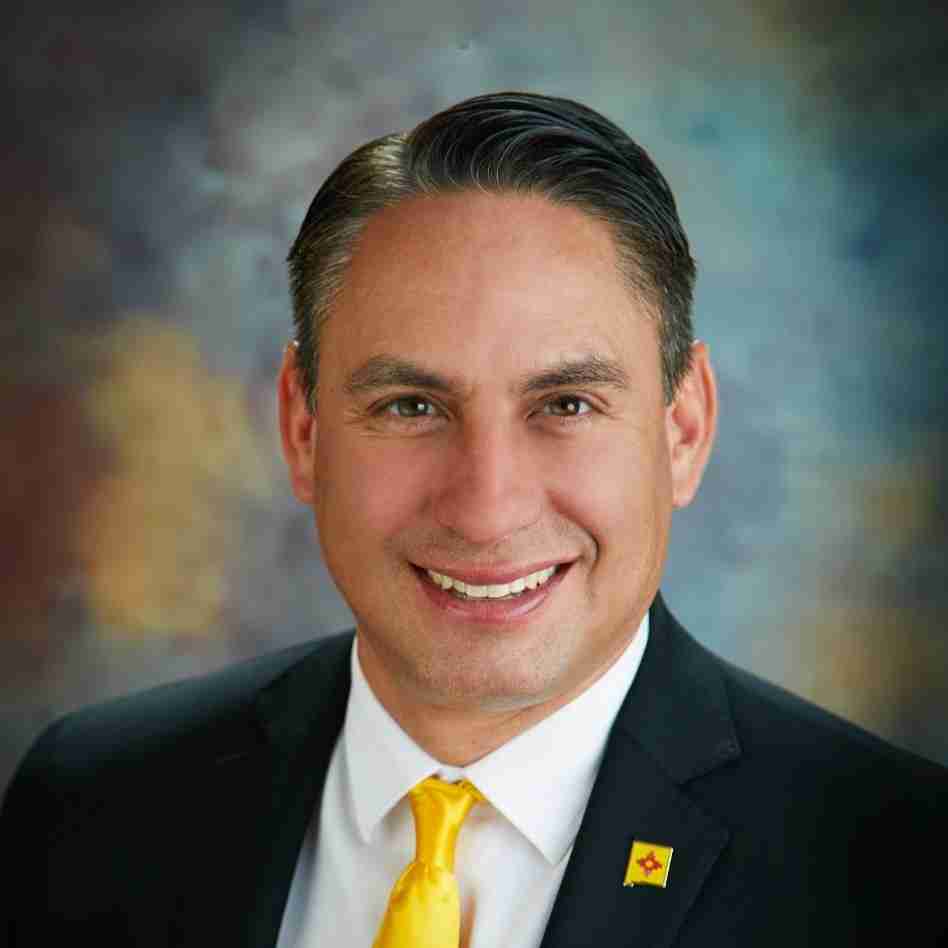
Lieutenant Governor Howie Morales
Explore effective strategies for service coordination that improve both resident outcomes and overall project sustainability. This session will highlight the best practices for aligning services with funding sources and program requirements, supporting long-term housing retention and community resilience.

Tess Mirabal
Amanda Mottershead-Aragon
This presentation is an overview of the Housing Needs Assessment with the Indigenous Community in Albuquerque, New Mexico. The research is based on a survey conducted by the City of Albuquerque in which over 660 responses were collected. The report provides a broad perspective of the current needs and challenges Native Americans face in obtaining homeownership.

Brandi Ahmie
In this session, Quentin Smith, Stelzner Firm Employment Attorney, will present emerging trends and hot topics in employment law, offering insights into the latest legal developments and their practical implications for employers.

Quentin Smith
Join cybersecurity experts who will share the latest insight into this ever-evolving industry and how it affects housing professionals.

Greg Blake

Tomas Rodriguez
Designed for new developers, this training session will walk attendees through the fundamentals of the rental housing development process, including project planning, design, feasibility, financing, construction, and initial operations.
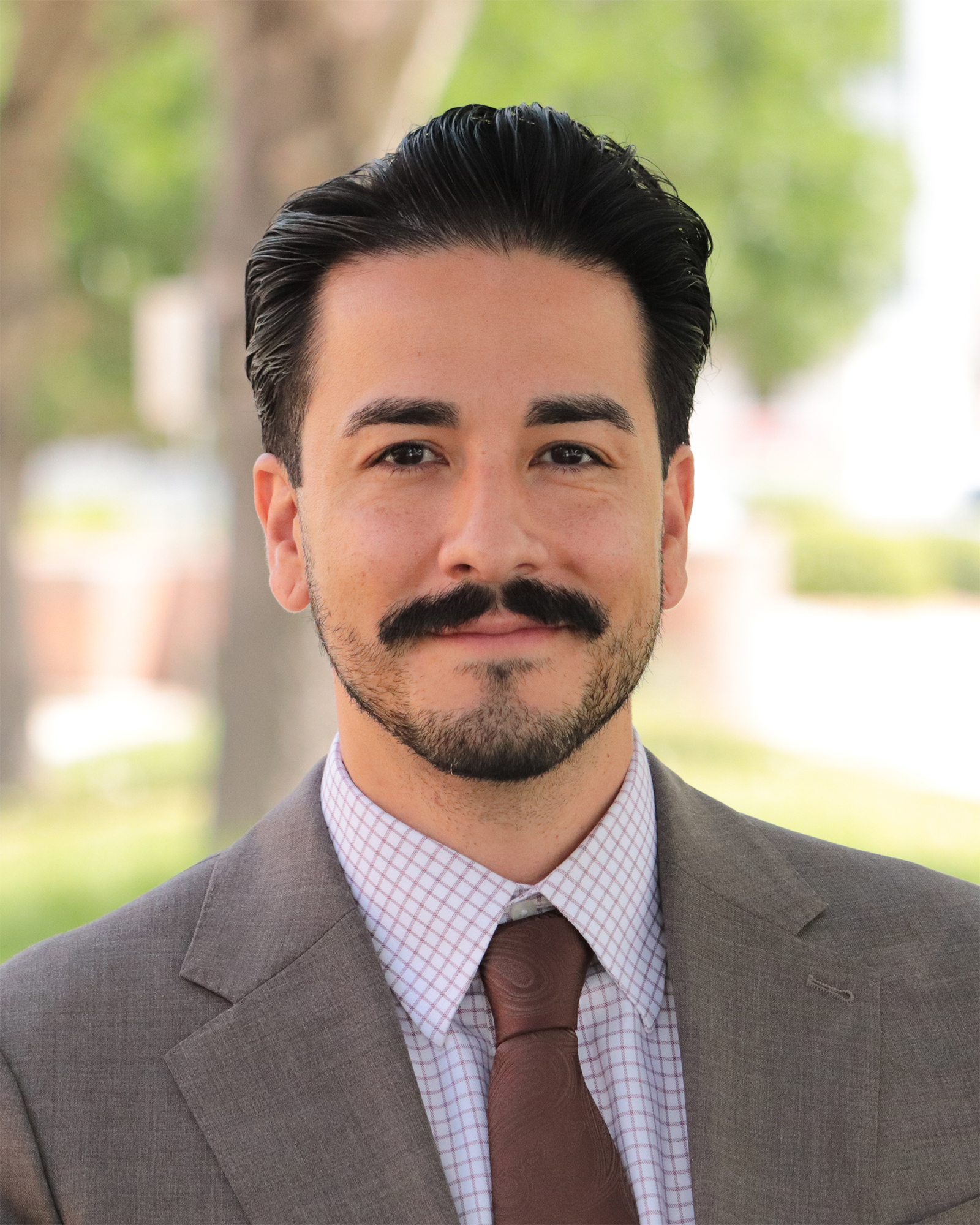
Tim Martinez
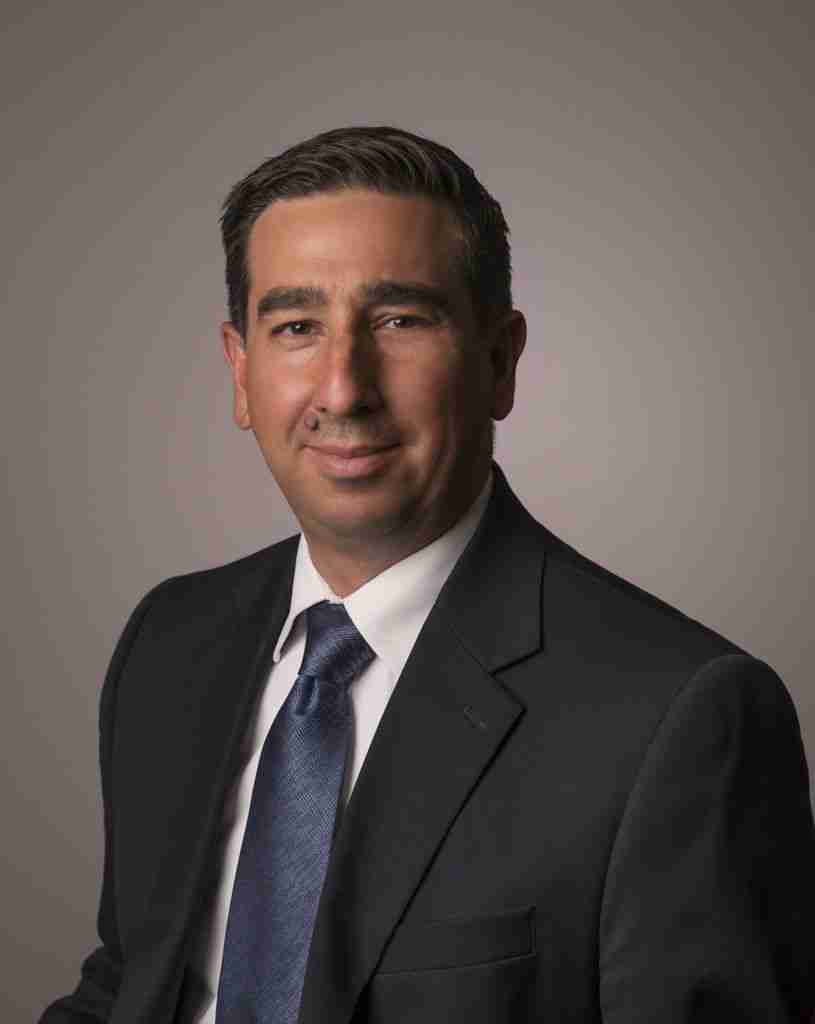
Jacobo Martinez
Join the Housing New Mexico team for an insightful discussion on innovative strategies for building and financing in today’s market. This session will spotlight real-world projects that have successfully navigated market conditions using creative construction methods and financing solutions. Learn how these groundbreaking approaches can be applied to your own work—from concept to completion.

Stephanie Gonzales

Alex Lundy
This session will provide an overview of BHSD housing-related programs, including eligibility criteria, core functions, and provider locations. Featured programs include Linkages, Set Aside/Special Needs Housing, Move-In Assistance and Eviction Prevention (MIAEP), Fresh Start Rental Assistance, and Oxford House.

Lisa Howley

Janice Shije
Explore strategies for proactively preserving affordable housing as Low-Income Housing Tax Credit properties reach the end of their affordability period. Discussion will include current challenges, national trends, and updates on federal preservation policy.

David Davenport
Join the Tribal Homeownership Coalition of the Southwest as members share their major success in expanding access to homeownership opportunities and building generational wealth for families through its strong collaboration among Tribal nations, lenders, and housing organizations.

Christopher Billey
Join this discussion with current service providers and program managers for Housing New Mexico’s Restoring Our Communities program as they share updates on completed projects, program progress, and guidance on how to become involved as a service provider.

Ethan Howe
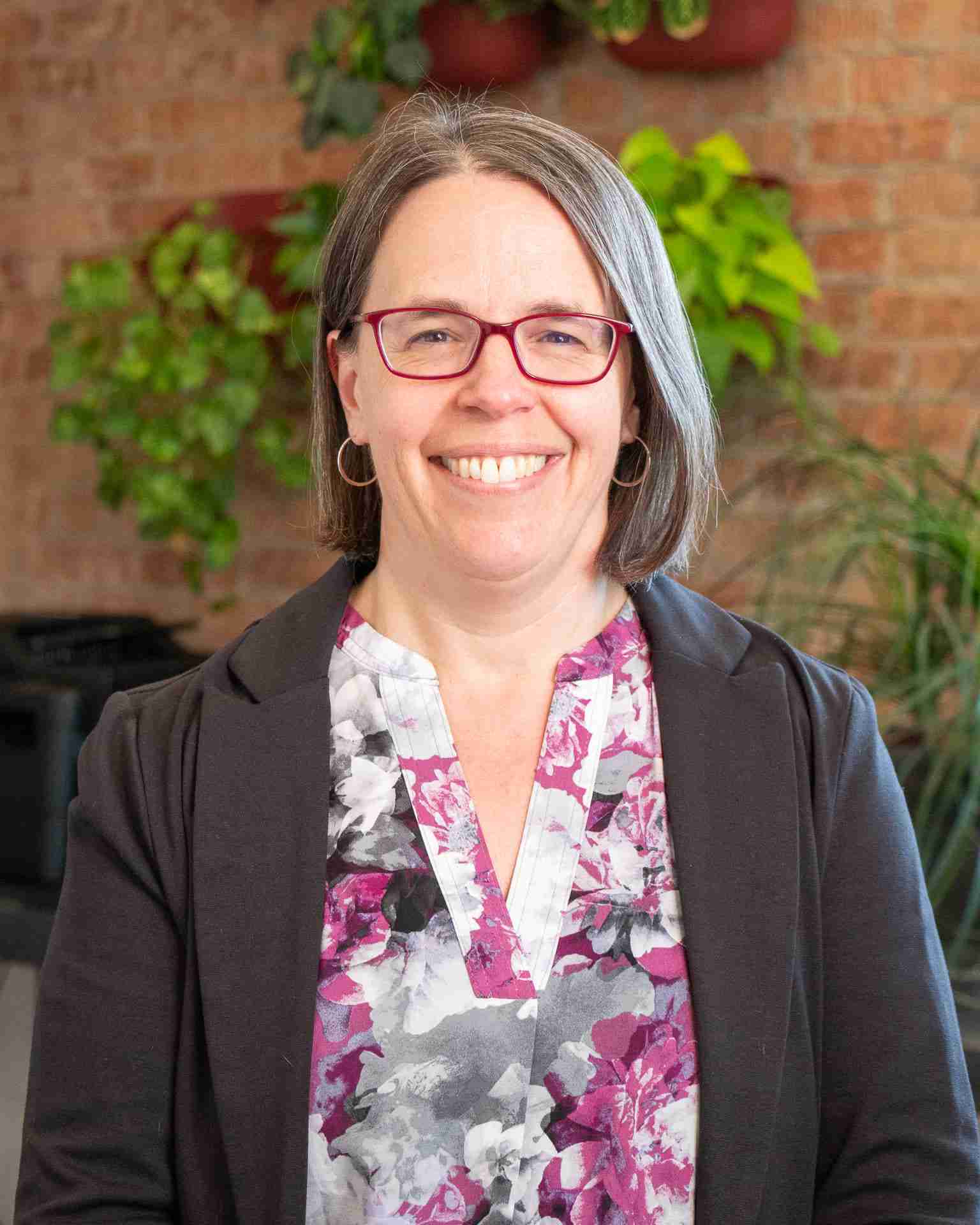
Lisa Huval
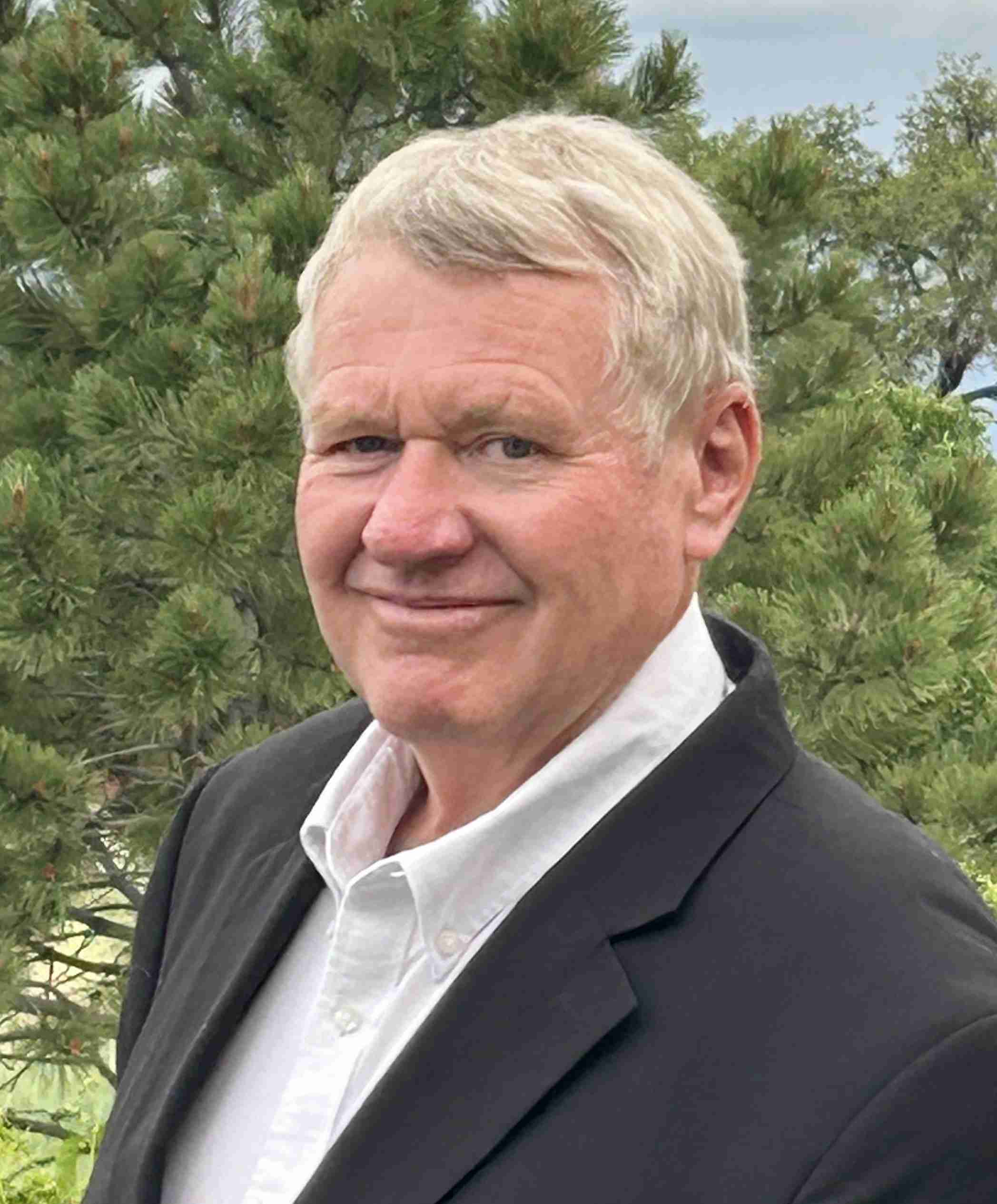
Scott Berry
With the Build America, Buy America (BABA) Act now in full effect, stakeholders across the affordable housing ecosystem are facing new challenges related to sourcing, compliance, and construction feasibility. This session will explore how BABA is influencing project costs, timelines, and material procurement, particularly for developers and general contractors navigating federal funding requirements.

Brian Gerritz

Hannah Greenhood

Michelle Den Bleyker

Justin Carmona
Stress stinks. Stress is everywhere and takes a significant toll on our bodies. While it’s impossible to remove all stress from our lives, incorporating a few specific nutrients and lifestyle changes can help support our ability to adapt and cope with stress.

Colleen Hughes
Join AI experts who will share the latest insight into this ever-evolving industry and how it affects housing professionals.

Greg Blake
Gain an overview of Housing New Mexico’s Single-Family Development Program, with for-profit developers sharing how they have successfully utilized program funding in their projects.
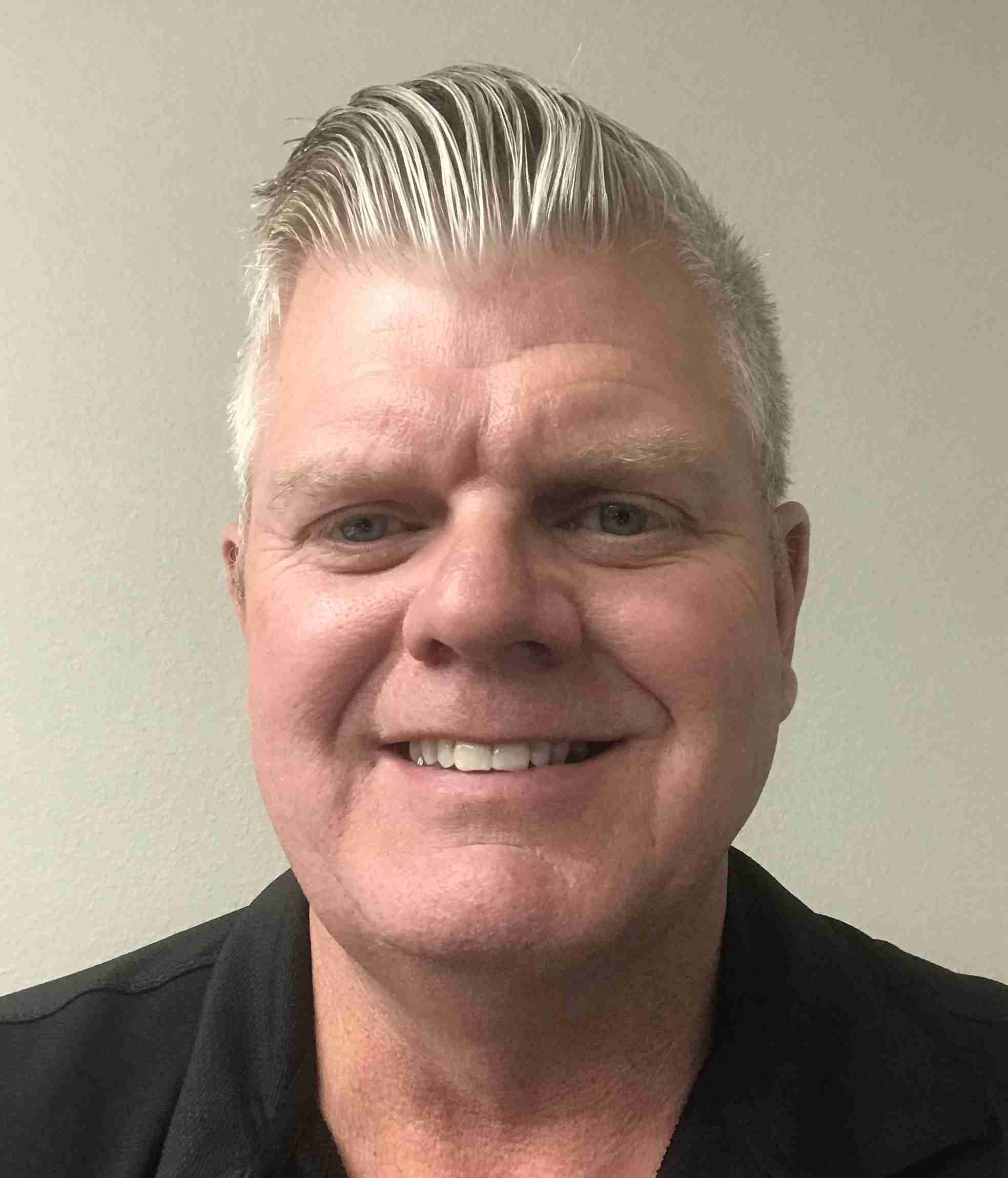
Tony Mabe

Daniel Johncox

Josh Howe
Join speakers as they give an update on the state of policy and funding at the federal level.

Jennifer Schwartz

Peter Lawrence
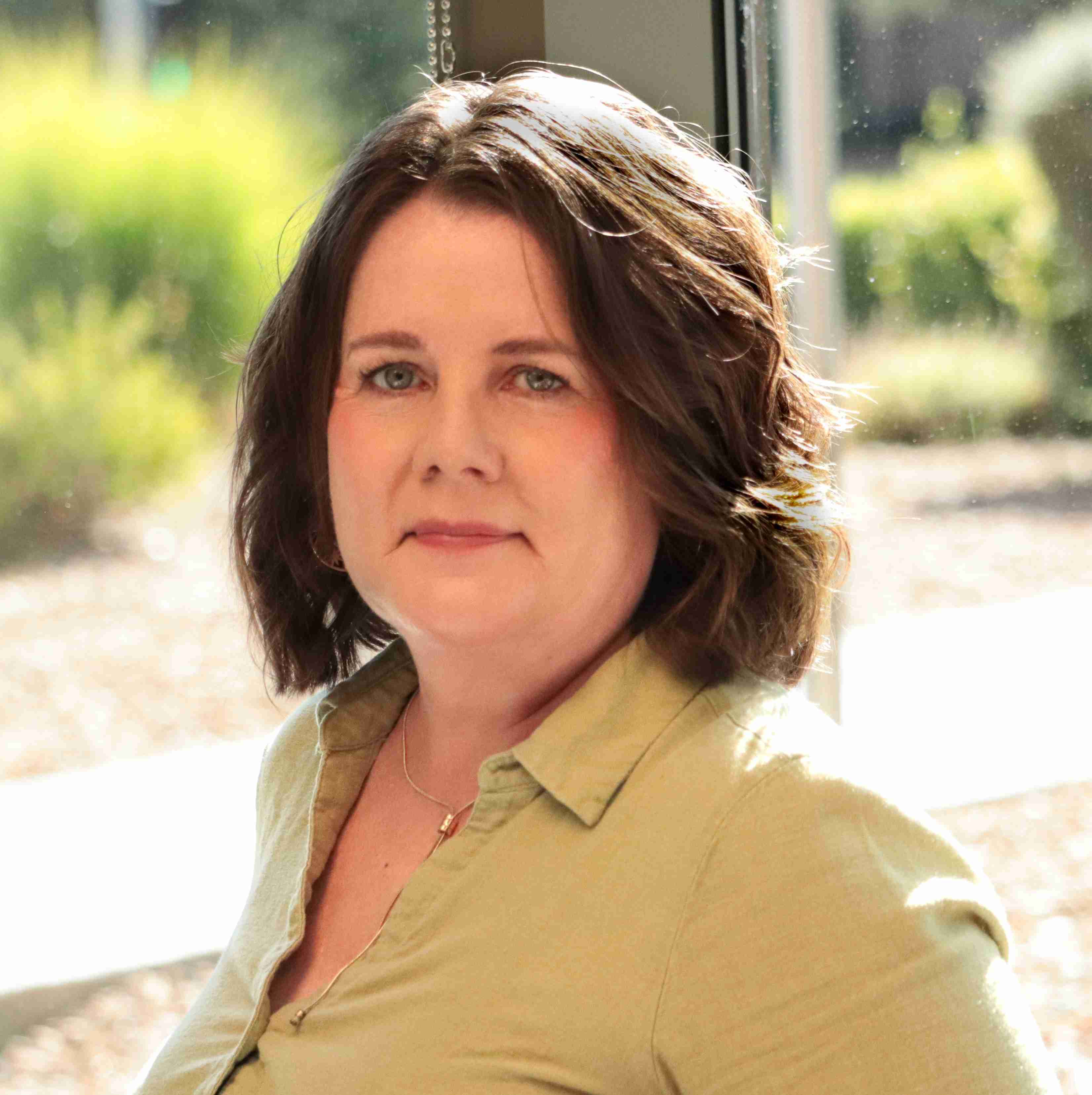
Robyn Powell
This session provides a comprehensive overview of the Affordable Housing Act, with a focus on its rules, anti-donation provisions, and how local governments can become approved municipalities. Participants will gain clarity on the legal framework that supports affordable housing initiatives.

Stephanie Gonzales
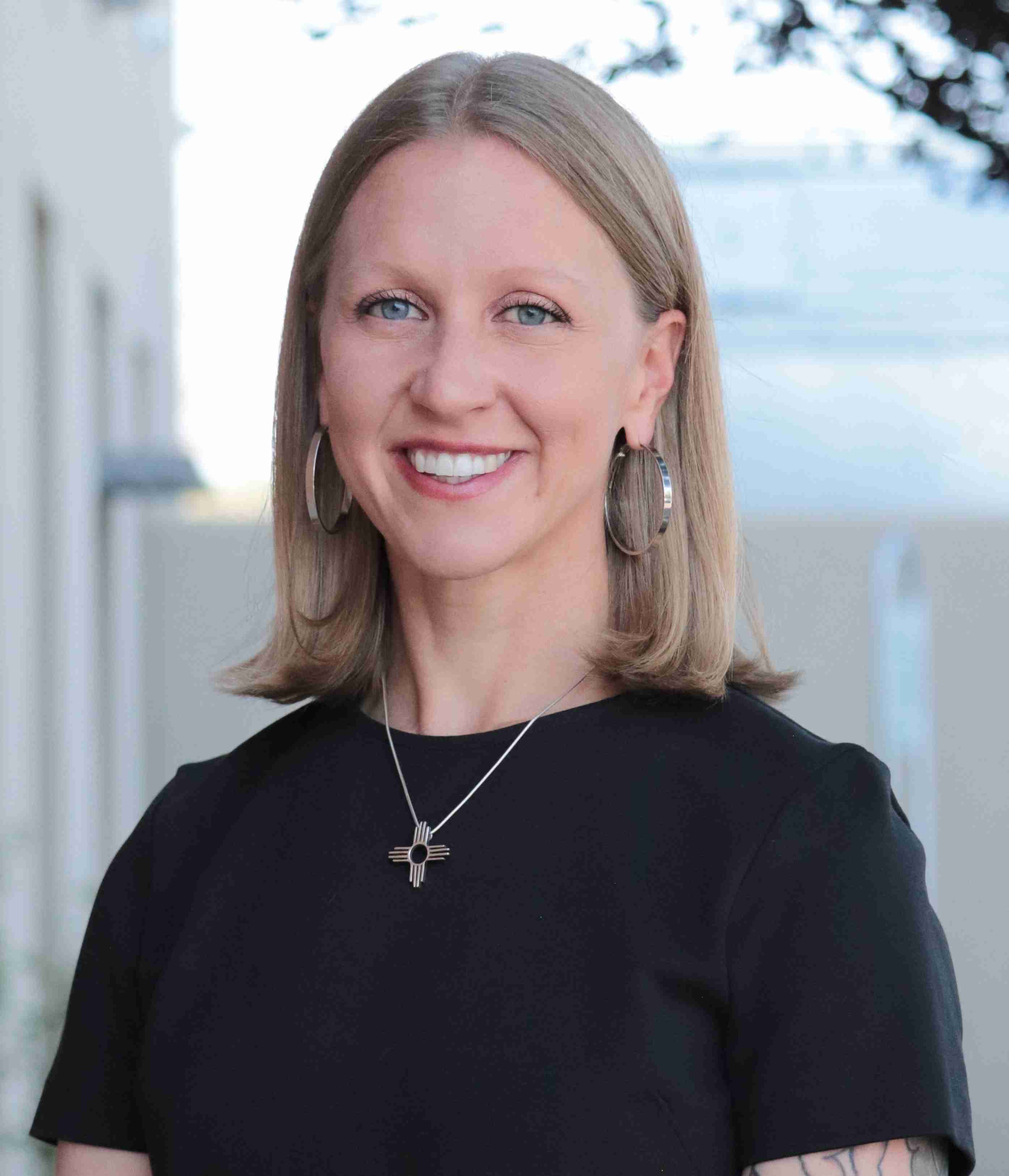
Sonja Unrau
Attorneys will provide an overview of New Mexico laws governing landlord-tenant relationships, highlighting the rights and responsibilities of both parties. The session will also include a Q&A segment to address participant questions.

Brian Eagan
Garden and Pavilion
Housing New Mexico invites all attendees to the Welcome Reception at Hotel Albuquerque’s outdoor Garden and Pavilion for refreshments, live music and networking.
Thursday’s plenary breakfast will feature keynote speaker Rosanne Haggerty and commercial realtor and Ventana Fund Executive Director Todd Clarke.

Rosanne Haggerty

Todd Clarke
Join Secretary Sarita Nair and Housing New Mexico leadership as they share programs and funding available in New Mexico.

Secretary Sarita Nair

Isidoro Hernandez

Jeff Payne

Donna Maestas-De Vries
Room: Alvarado B
This session is designed to show how collaboration between mission-driven Tribes, Tribal housing entities, FannieMae and state-wide CDFIs is an effective approach to building capacity, increasing financing opportunities for lenders and addressing the challenges to achieving homeownership for Tribal members.
Key topics include enabling conventional mortgage lending on trust and restricted lands, tapping into technical assistance resources, accessing homebuyer education and counseling and obtaining and structuring mortgage subsidy.

Rachael Gilman

Lisa Manwell

Benjamin Navarro

Deborah Webster
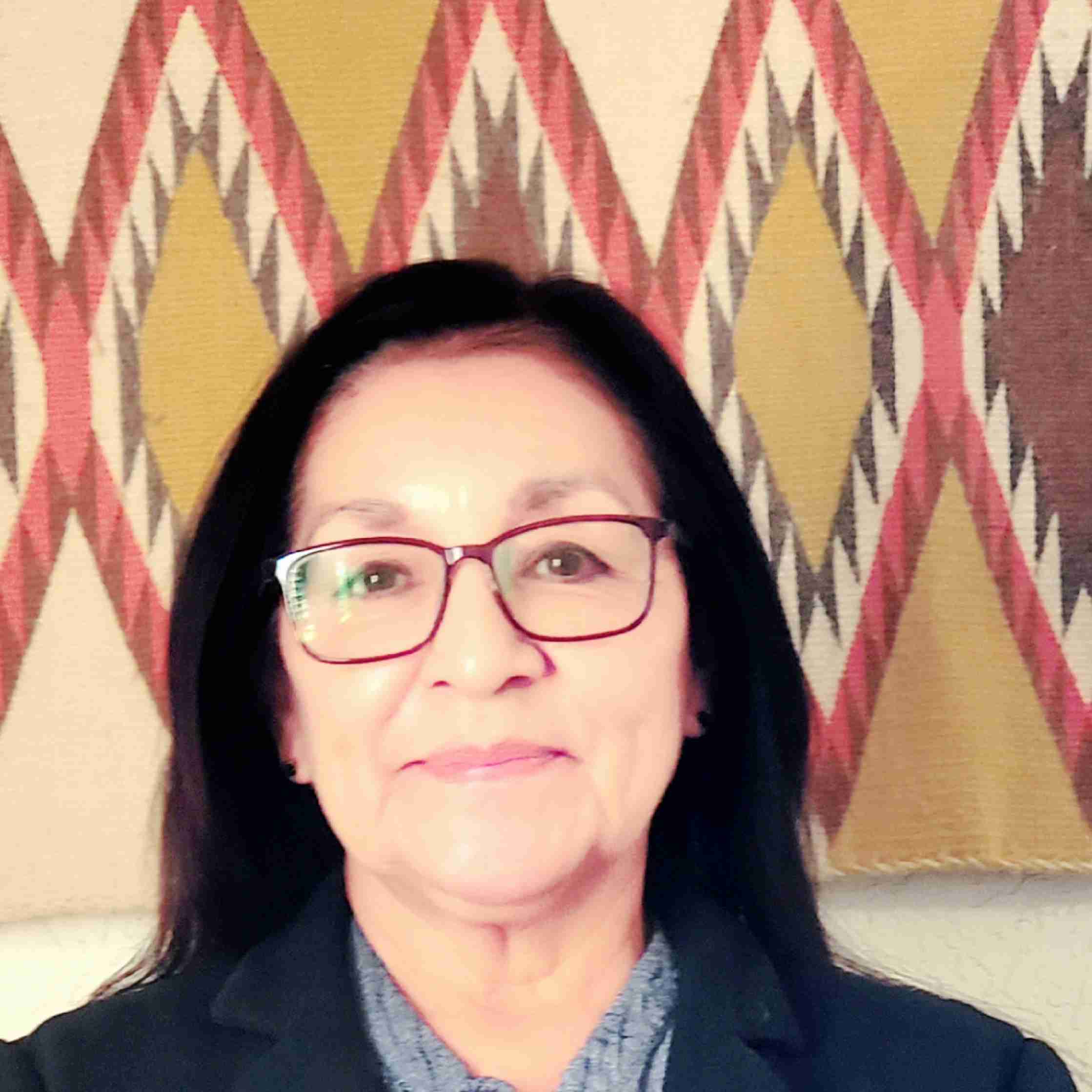
Denise Zuni
Realtors and lenders are invited to gain essential knowledge on manufactured home transactions. Industry expert Scott Florez, owner of Title Land Consulting, LLC, will walk attendees through key questions to ask sellers, common paperwork challenges, and the process of deactivating titles. Leave this session confident and equipped to handle manufactured home listings and loans with ease.

Scott Florez

Shawn Rasmussen
Homebuilders will share their perspectives on current market trends, challenges, and opportunities in New Mexico’s residential construction landscape.

Mackenzie Bishop

Garrett Price

Josh Howe

Johanna Gilligan
Learn how developers of Low-Income Housing Tax Credit (LIHTC) properties can earn and retain points for service enrichments. This session will cover compliance with Land Use Restriction Agreements (LURAs), outline required services, and feature insights from industry experts on best practices for program success.

Kelle Senye

Kenzie Davison

DuJuan McCoy

Jeanne Redondo

Guillermina Osoria
Learn about anticipated changes to the 4% Low-Income Housing Tax Credit program and walk through the key steps in developing a 4% project—from applying for credits and securing volume cap to issuing tax-exempt bonds.

Jacobo Martinez

Alex Lundy
This session provides an overview of manufactured housing products available in New Mexico, including key considerations for development and financing.

Max Schroeder
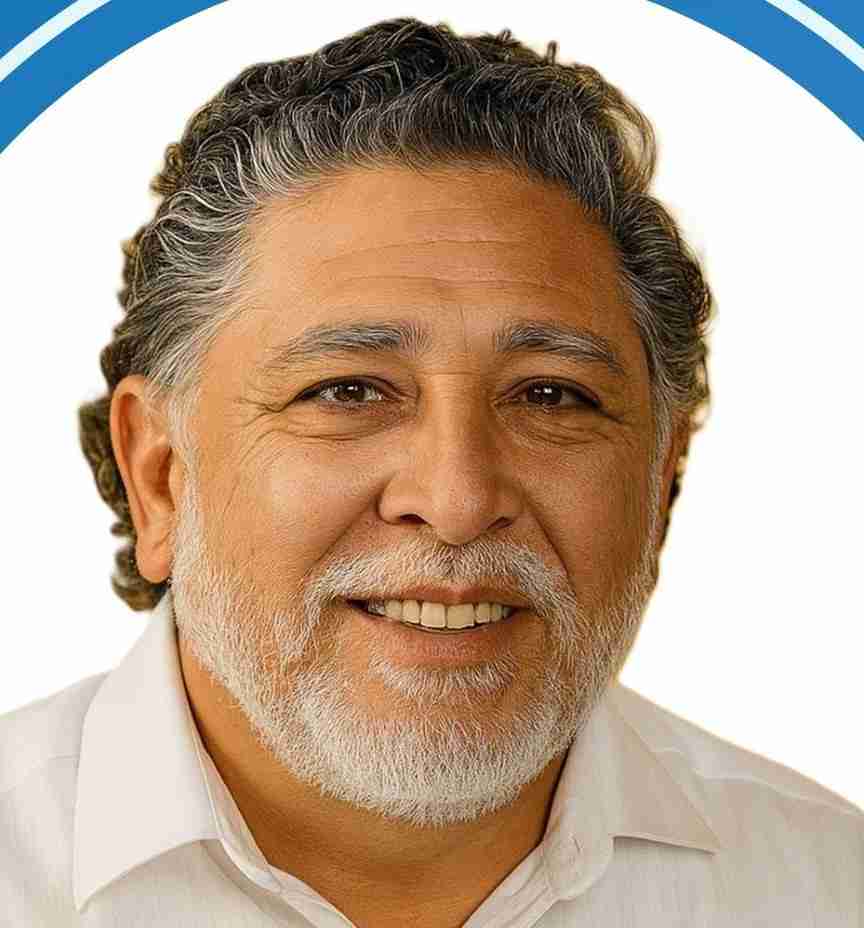
Carl Ulibarri
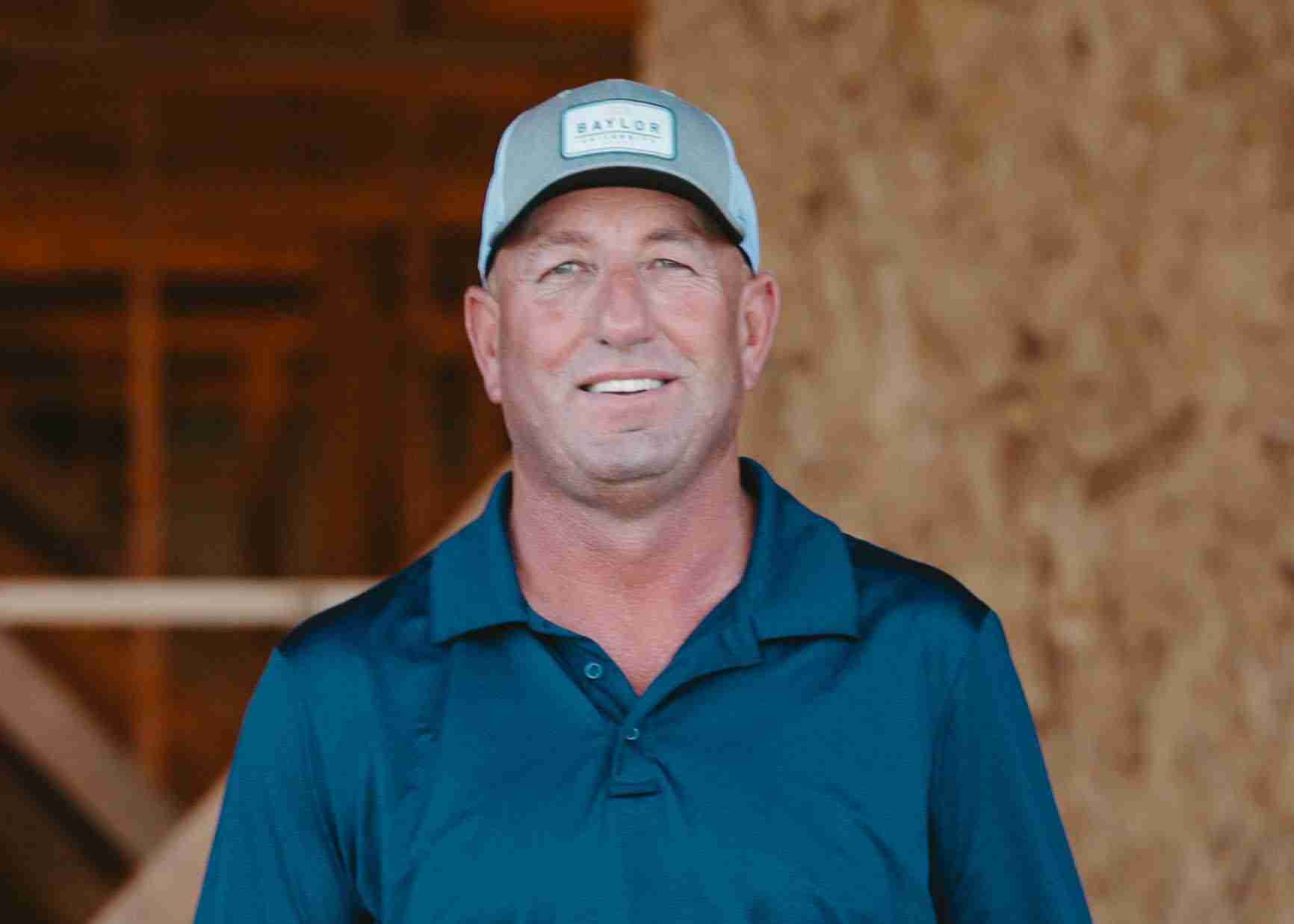
Jim Mitchell

Chance Mitchell

Mark Duran
Join us for an in-depth look at the critical role of the Continuum of Care (CoC) framework in the fight against homelessness. This session will highlight how CoCs coordinate housing and services across communities to ensure a comprehensive, effective response. We’ll examine the impact of new federal guidelines on local CoC funding and operations, and discuss the strategic changes being implemented to adapt to these shifts. Attendees will gain insight into how CoCs are evolving to better support individuals and families experiencing homelessness, and how collaboration and innovation can drive stronger, more resilient systems of care.

William Bowen

Jazmin Moreno
Join awardees of the Housing Innovation Program as they share their experiences navigating the full lifecycle of housing projects—from identifying gaps and crafting creative solutions to implementing ideas within regulatory frameworks. This discussion offers practical takeaways for developing innovative, community-centered housing.

Daniela Freamon

Tracy Weaver

Jamie Michael

Catherine Hummel

Monica Abeita
Room: Alvarado D/E/F/G/H
Don’t miss Dr. Reilly White’s economic outlook and its impact on housing during Thursday’s plenary lunch.

Reilly White
Join the Federal Home Loan Bank of Dallas as bank representatives provide an overview of their programs including the Homebuyer Equity Leverage Partnership program (HELP), the Special Needs Assistance Program (SNAP), and the Housing Assistances for Veterans program (HAVEN).

Jill Droge
Explore effective strategies for developing land use and zoning policies that support housing growth. This session highlights best practices to remove barriers, streamline development, and promote sustainable housing solutions at the local level.

Carlos Gemora

Sara Gonzales
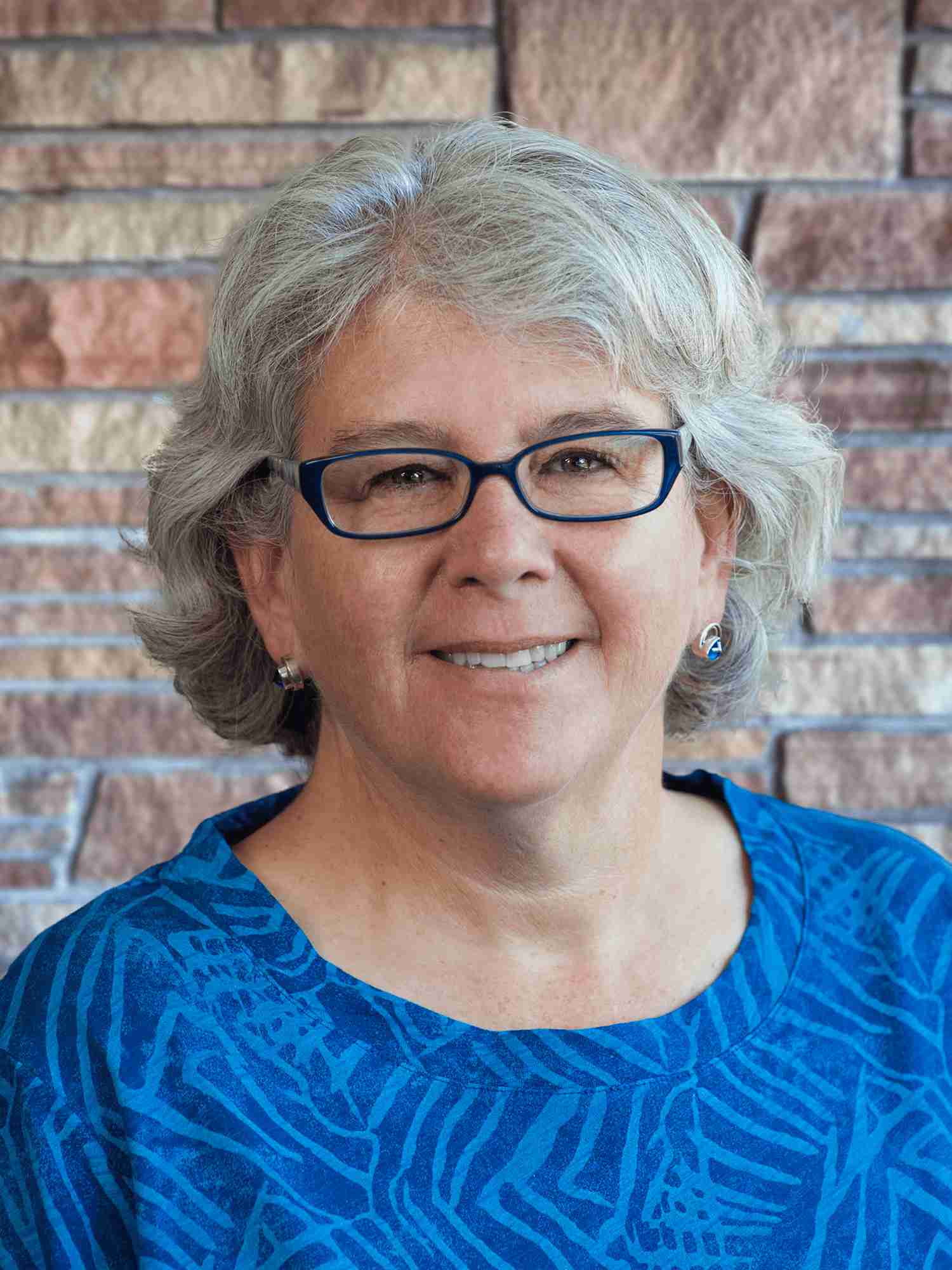
Jacqueline Fishman

Sonja Unrau
Program administrators and service providers will share real-world examples of common challenges and practical tips for turning those obstacles into opportunities that enhance program impact and effectiveness.

Troy Cucchiara

Dimitri Florez
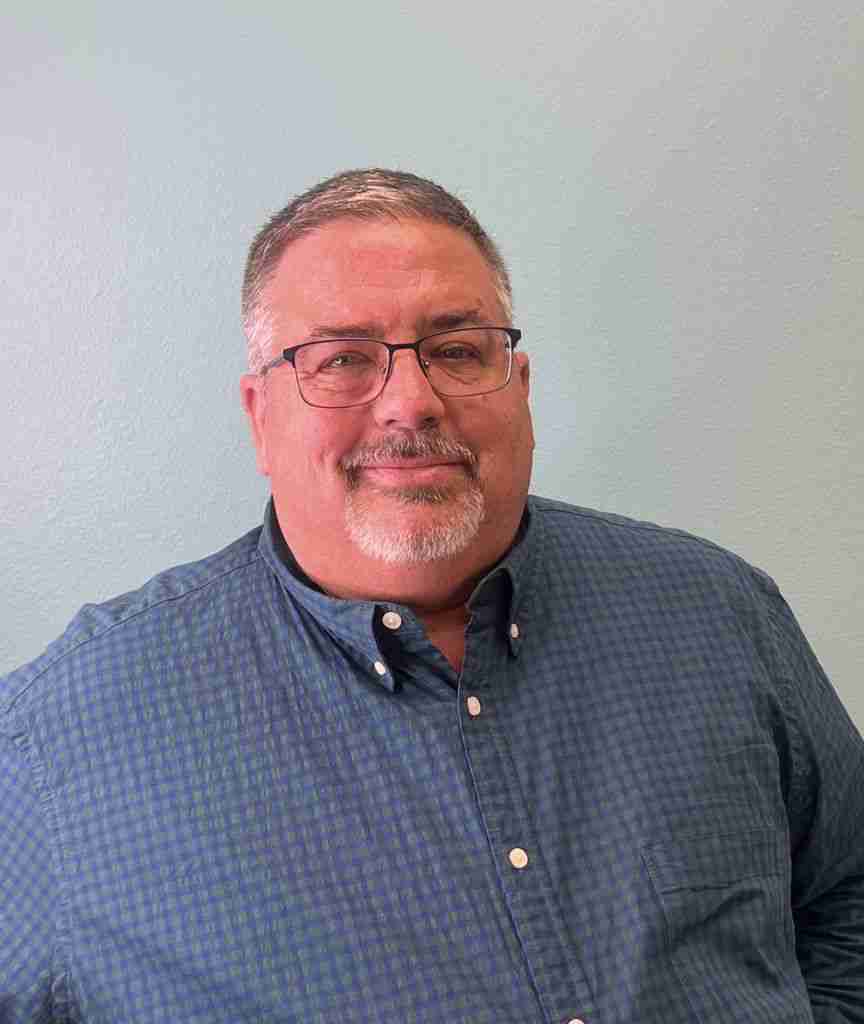
David Trembath

Joe Wright

Veronika Molina
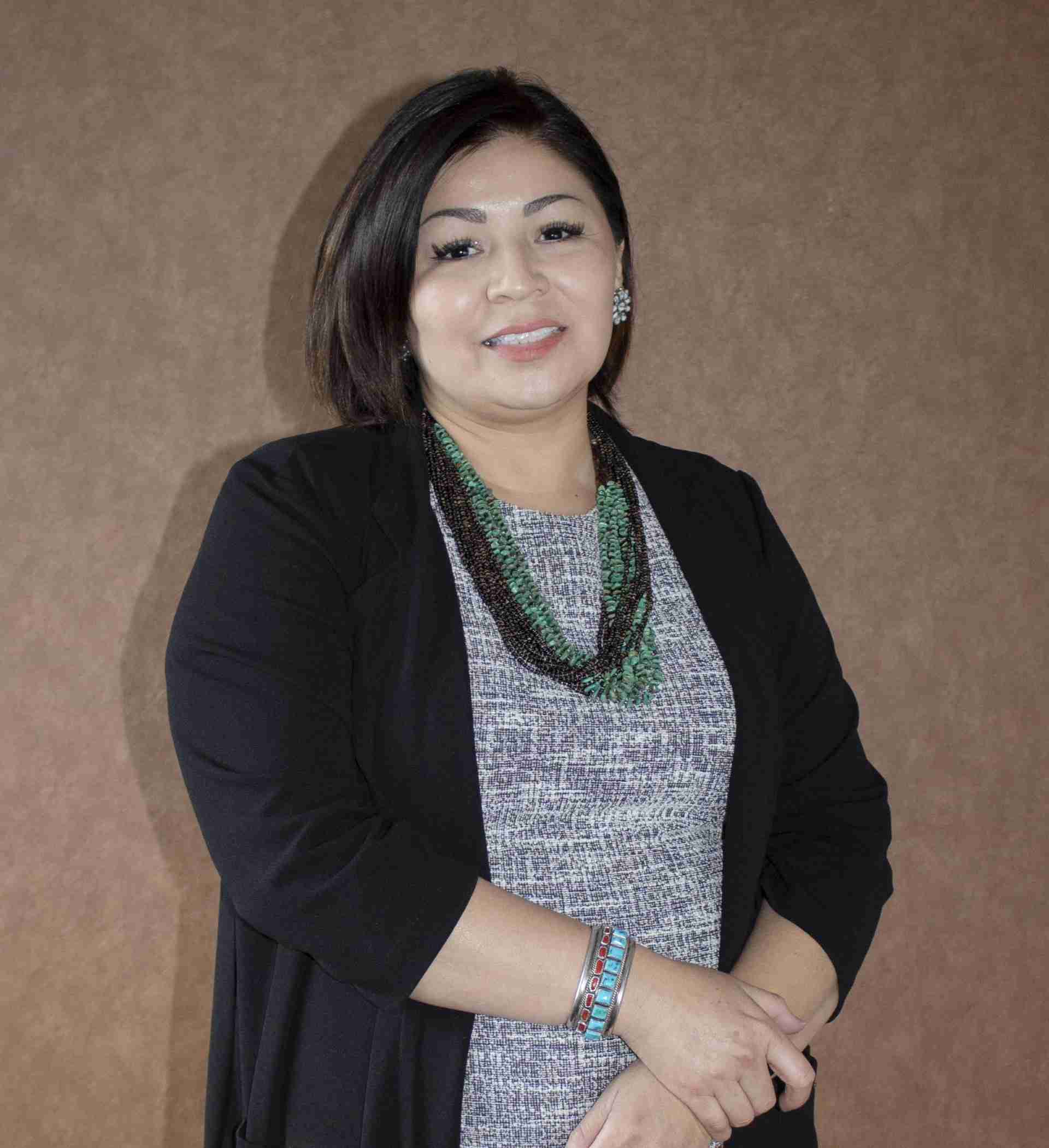
Natasha Begay
Learn about NSPIRE standards and how to recognize deficiencies, conduct inspections, and understand the operational implications of the change from UPCS (Uniform Physical Condition Standards) to NSPIRE. Part 1

Brandon Bay
This session will review the history and core principles of Fair Housing laws, their application to housing providers, and recent U.S. Department of Housing and Urban Development (HUD) guidance on trending topics. Attendees will gain a clearer understanding of how to ensure compliance in their housing programs.

Brian Eagan

Kelle Senye
A local economist will provide insights into current and projected construction cost trends, offering context for developers navigating rising expenses and supply chain challenges.

Reilly White

Suzan Reagan
This panel will explore the full continuum of resources that support individuals moving from literal homelessness to stable housing, highlighting the power of cross-sector collaboration and coordinated care.

Cory Lee

Jesse Hernandez

Marta Pereira

Barbara Madrigal
Join state lawmakers for an engaging discussion on current and upcoming housing initiatives.

Marian Matthews

Gilbert Ramirez

Janelle Anyanonu

Cristina Parajón

Robyn Powell

Cindy Nava
This session offers a comprehensive overview of the Coordinated Entry System (CES), a cornerstone of effective homelessness response. Designed to simplify and standardize access to housing and supportive services, CES ensures that individuals and families experiencing homelessness are quickly assessed and prioritized based on their level of need. Participants will learn how CES improves system efficiency, promotes equitable resource distribution, and strengthens collaboration among service providers. We'll explore real-world examples, share best practices for implementation, and discuss strategies for overcoming common challenges. Whether you're launching a new CES or refining an existing one, this session will equip you with actionable insights to build a fairer, more responsive homelessness response system.

Alexandra Paisano

Lisandra Tonkin
Learn about the most effective strategies employed by New Mexico PHAs in areas such as tenant management, property maintenance, financial stewardship, and compliance with federal (HUD) and state regulations. Discussions may include innovative approaches to resident services, efficient administrative processes, and successful community engagement initiatives.

Mary Ann Chavez-Lopez
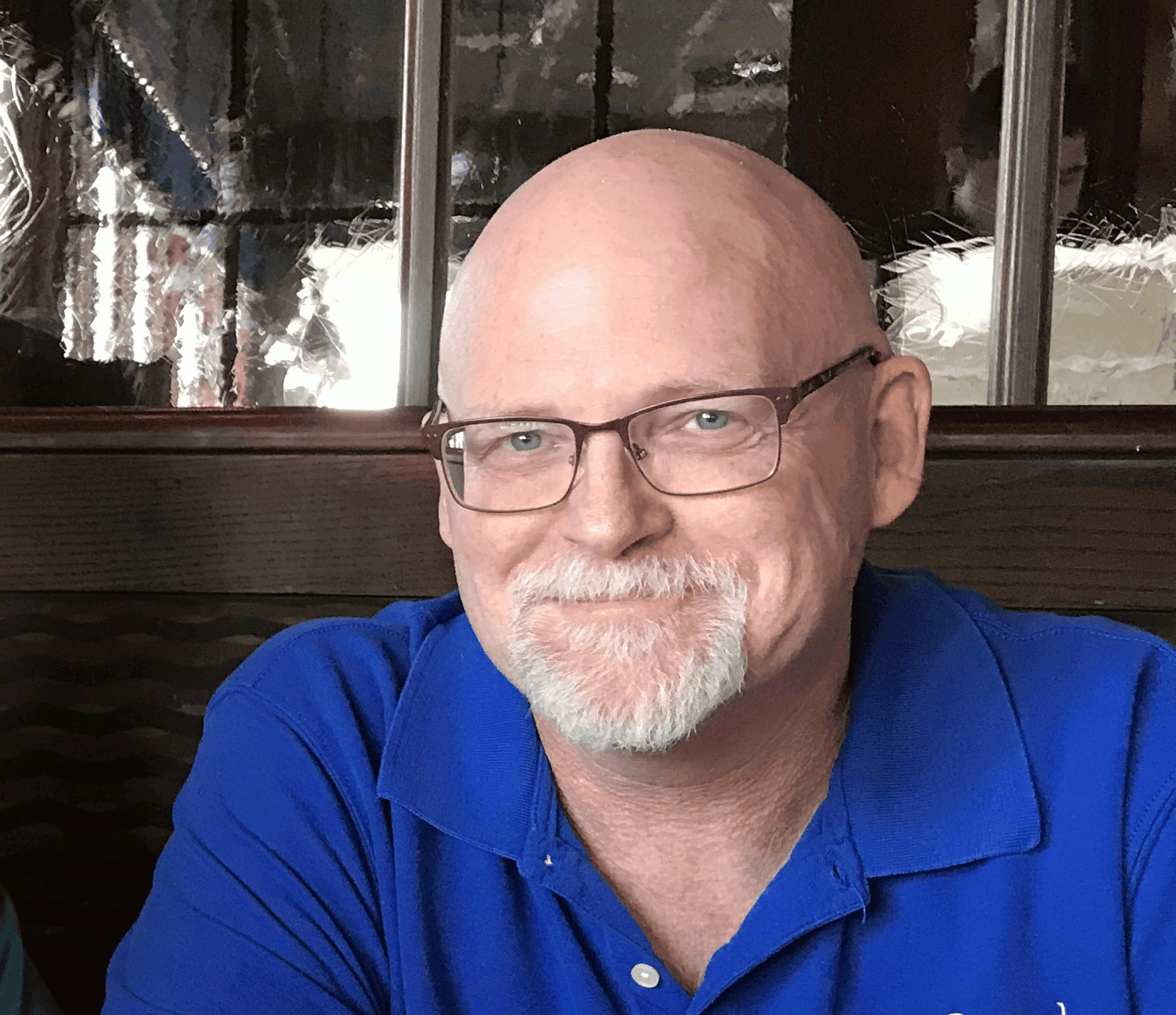
Chris Herbert

Linda Bridge
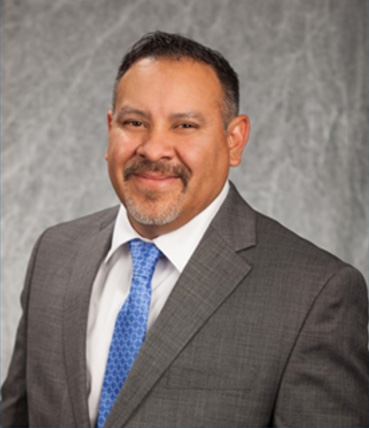
Art Marrujo

Donna Maestas-De Vries
Curious about the housing policies shaping our future? Let's explore the key initiatives housing advocates are championing for the upcoming 2026 legislative session.

Winter Torres

Monet Silva

Lisa Huval

Robyn Powell
Prepare for the upcoming Qualified Allocation Plan and play a Jeopardy-style game that reviews common application requirements and tips for avoiding common errors on the Low-Income Housing Tax Credit (LIHTC) program application.

Jeanne Redondo

Ada Mendez
In this roundtable discussion, industry experts will provide a status update on movements in the stock and municipal bond markets, offer their predictions on how economic policies might influence these markets in the coming months, and ultimately how they might affect interest rates and the housing market broadly.

Mina Choo

David Jones

Misty Dalke

Mike Awadis
Discover how Laguna Housing Development’s Laguna III project provides safe, quality homes rooted in Pueblo of Laguna culture and community needs. Explore PAH! Hiland Plaza, a multifamily development designed specifically for Deaf, DeafBlind, Deaf+, and Hard of Hearing residents, prioritizing accessibility, and inclusion. This session showcases how thoughtful design and community engagement create housing that truly belongs to its people.

Jamie Navenma
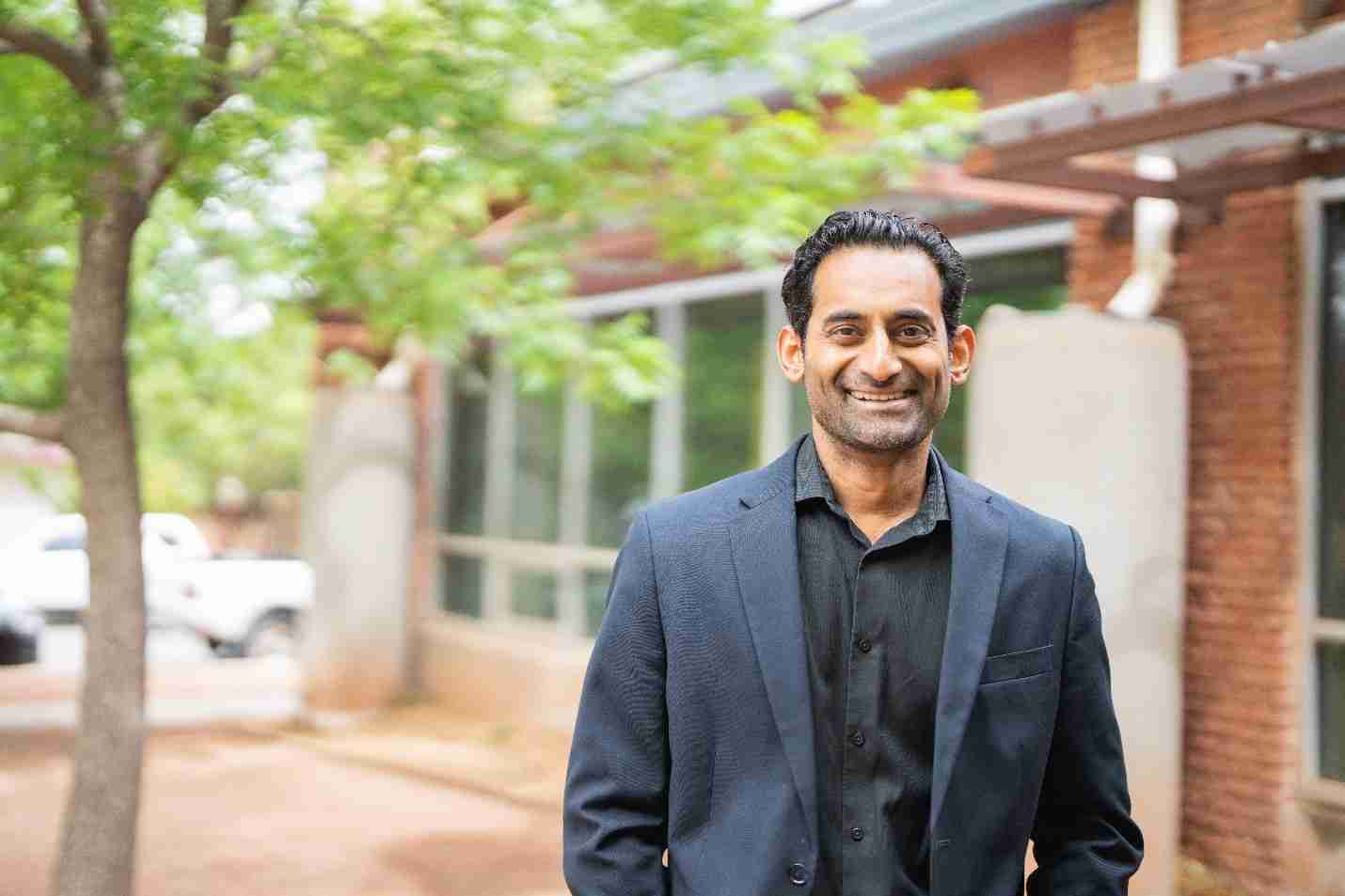
Ketan Bharatiya

Miriam Hicks
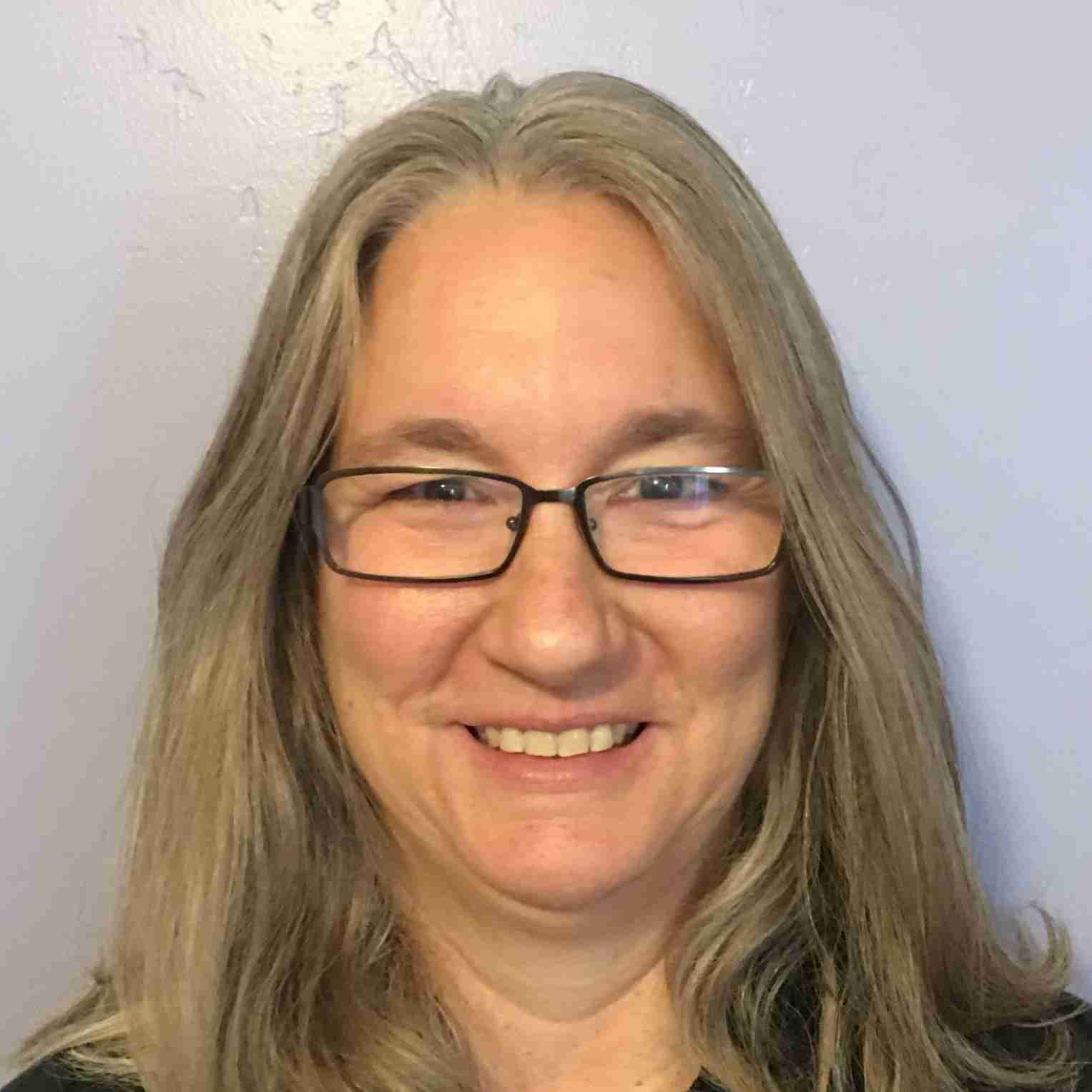
Lisa McNiven

Sharlynn Rosales
Learn about innovative programs designed to encourage landlords to rent to voucher holders and vulnerable tenants by offering financial protections, such as coverage for damages or other leasing-related costs.

Kelly Patterson
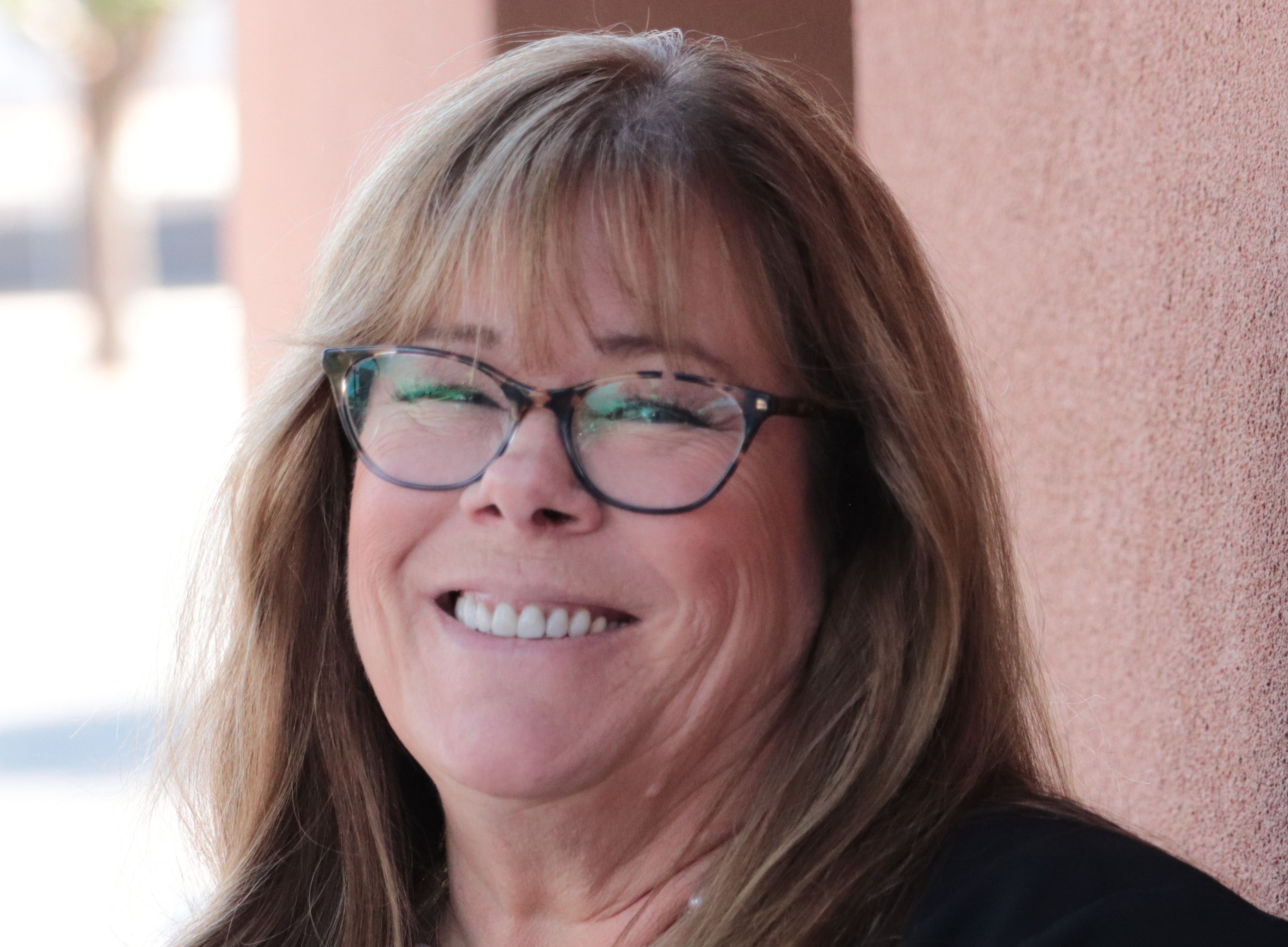
Christi Wheelock

Dan Jennings
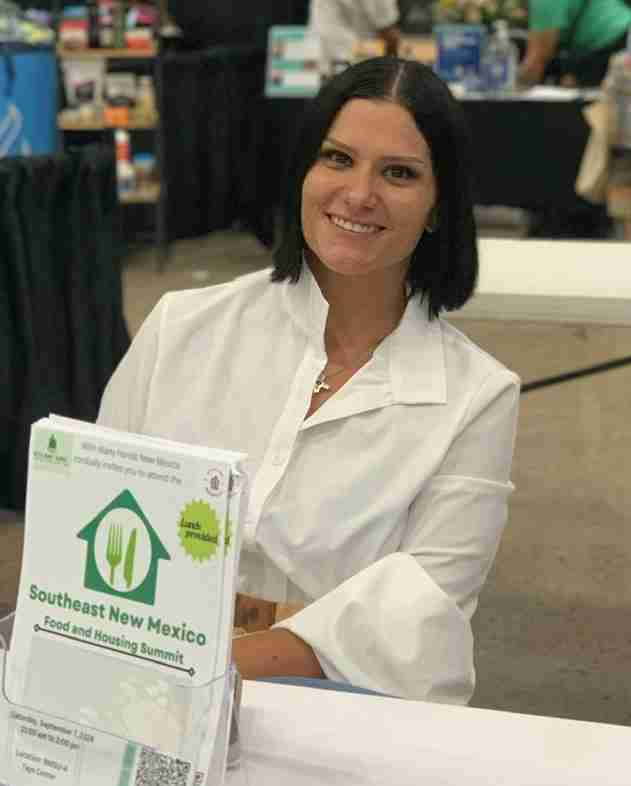
Jeneva Martinez

Sonja Unrau
Learn about NSPIRE standards and how to recognize deficiencies, conduct inspections, and understand the operational implications of the change from UPCS to NSPIRE. Part 2

Brandon Bay
This session offers a streamlined overview of the Affordable Housing Act 2025, covering key rules, anti-donation provisions, and steps for becoming an approved municipality. Local leaders from Las Cruces, Ruidoso, and Santa Fe will share how they are putting the Act into practice, offering practical insights on successes, challenges, and strategies to advance affordable housing at the local level.

Stephanie Gonzales

Natalie Green

Florence Frank

Jacqueline Fishman
Join our Servicing department as they share their insight on Collections, loss mitigation, default remedies to prevent a possible foreclosure.

Frankie Salcido
This session will cover recent updates to the HOME Homeowner Rehabilitation policies and introduce the new Home Improvement Program. Presenters will walk through revised guidelines, eligibility criteria, and process improvements aimed at better serving homeowners and communities.

Brittany Coats

Daniel Rule
Hear from experienced professionals on best practices for developing and operating Permanent Supportive Housing, with a focus on long-term success and sustainability.
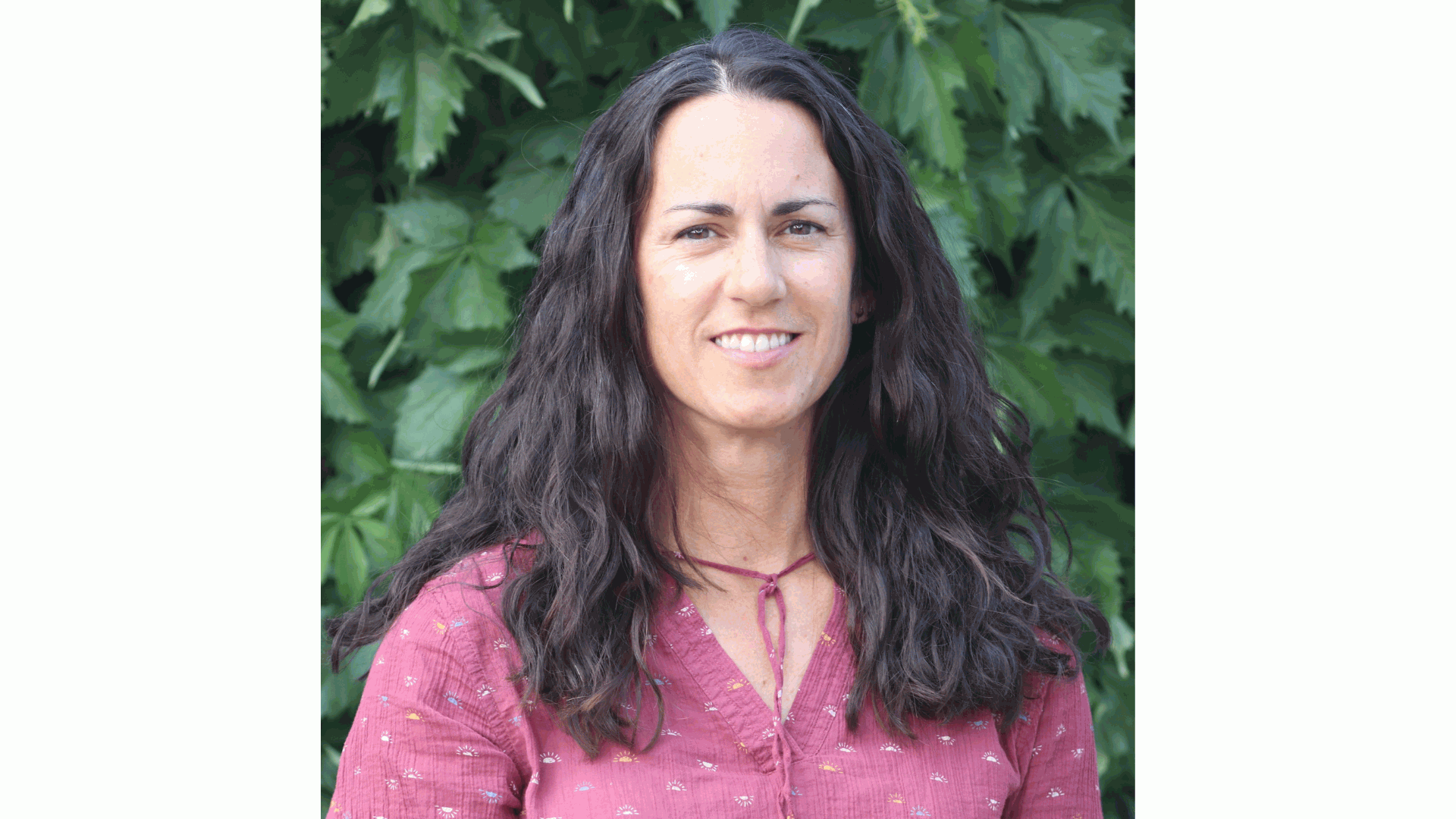
Nicole Martinez

Natalie Green

Oriana Sanchez

Kathryn Turner

Justin Carmona
This session will provide practical strategies for crime prevention tailored to property management professionals. Topics include being an effective witness, tips for preventing auto theft and burglary, common property-related crimes, and approaches to reducing criminal activity through Crime Prevention Through Environmental Design (CPTED) and workplace safety measures.

Laura Kuehn
Join a panel of lenders, syndicators, and developers for a discussion on how to structure financing for new projects, including insights on market trends and common obstacles.

Nicholas Berger

Terry Gentry

Felipe Rael

Jeanne Redondo

Michael Mansfield

Todd Fabian
Discover how the Homelessness Management Information System (HMIS) plays a critical role in addressing homelessness through data. This session will explore how HMIS empowers agencies to track services, measure outcomes, and improve inter-agency coordination. Learn how leveraging HMIS for data-driven decision-making can enhance program effectiveness and drive impactful, informed responses to homelessness at every level.

Jake Bates

Priscilla Williams
The New Mexico Income Support Division will present on the administration of TANF (Temporary Assistance for Needy Families) housing funds targeted at families and provide updates on the Keeping Families Together Program, Family Resource Centers, Family Support Services, and Family Outreach.

Anabel Peinado
Room: Alvarado D/E/F/G/H
Don’t miss Friday morning’s plenary breakfast featuring keynote speaker Alton Fitzgerald White followed Housing New Mexico’s Awards Presentation for its valued partners.

Alton Fitzgerald White